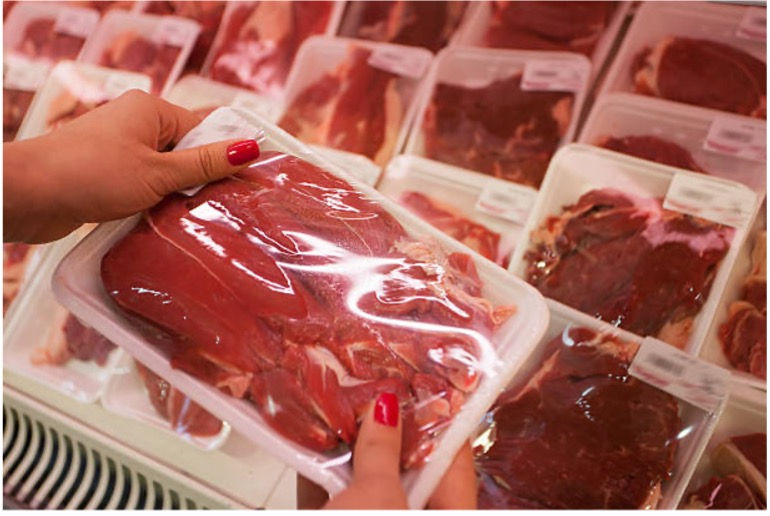What Diet Should I Eat with Crohn’s Disease or Ulcerative Colitis?
- Daniel Essom

- Oct 4
- 3 min read
Updated: Oct 5

This article will discuss a range of tips for a healthy, well‑balanced diet specifically aimed at people with IBD, such as Crohn’s disease or ulcerative colitis. You should always refer to your doctor or a registered dietitian to help you too!
Common Crohns and Colitis Trigger Foods
Trigger foods are foods that cause unpleasant symptoms. While not necessarily harmful, they can often lead to discomfort. It may be helpful to keep a log in your Notes app on your phone at first to identify trigger foods, as everyone is different.
Some to look out for are:
Foods with high fibre or insoluble fibre such as raw kale, Brussels sprouts, the skin of an apple, and seeds (Boiling or peeling these foods may help!).
High‑lactose foods: cow’s milk, ice cream, or cheese.
Try lactose‑free milk and ice cream, or naturally lactose‑free cheese such as Parmesan instead!
Some artificial sweeteners. Specifically: sorbitol, mannitol, xylitol, sucralose, aspartame, saccharin.
Added sugars and sugary foods such as cookies, pastries, sugary sodas, and sweetsInstead, try easier‑to‑digest fruits such as bananas, melon, raspberries, and applesauce. Smoothies may also be a great and tasty sweet treat.
High‑fat foods: butter, cheesy chips, fried foods.
Instead, try air‑fried or baked foods or use unsaturated fats such as extra‑virgin olive oil when necessary.
Alcohol
Caffeinated beverages
Opt for decaf coffee and tea.
Foods That May Lead to Inflammation

Eating trigger foods doesn’t necessarily increase the risk of inflammation or disease progression, but certain foods may. It’s okay to have these foods in moderation but being aware that they may increase inflammation is definitely important.
Foods associated with increased inflammation are:
· Red meat: beef, lamb, pork.
· Processed meats: deli meat, bacon, hot dogs, and sausages.
· Coconut oil, dairy fat, and palm oil.
Spicy and Oily Cultural Diets
Some cultures frequently consume spicy foods and red meat. Do not feel you need to eliminate any foods that are important to you! Take time to consider how foods can be modified to cater to your triggers, or whether to omit foods that lead to inflammation.
This website https://foodwiseleeds.org/recipe‑hub/ contains a great collection of culturally relevant recipes, such as jerk chicken, curry goat, and vegetable curry. While not tailored to Crohn’s and colitis, they are lower in fat, sugar, and salt, so could provide some inspiration.
Foods That May Benefit Crohn’s and Ulcerative Colitis
Foods found to decrease inflammation over time include:

· Fruits: bananas, raspberries, applesauce, blended fruit.
· Vegetables: squash and pumpkin, well‑cooked carrots (tender).
· Foods rich in omega‑3 fatty acids: oily fish (salmon, mackerel, etc.), walnut butter or flour, flaxseed oil, chia seeds.
Other healthy foods to include:
· Cooked and cooled potatoes (e.g. potato salad).
· Leafy greens (cooked well, cut into small pieces, or blended).
Importance of Hydration in the Crohn’s and colitis diet
Having Crohn’s or colitis can increase the risk of dehydration. Dehydration refers to when your body loses more water than it can absorb - particularly through diarrhoea and vomiting.
The easiest way to avoid dehydration is to make sure you drink enough: 6 to 8 glasses of fluids a day (1 to 2 L). Squash, diluted juices, and herbal teas also count!
Sports electrolytes (e.g. SIS brand) available at most supermarkets contain salts, minerals, and vitamins to help your body absorb water and stay hydrated. However, always read the label - don’t take more than it recommends, and avoid electrolytes that contain caffeine or added sugars. Most importantly, speak to your doctor or IBD dietitian about hydration. They can advise you and may be able to provide oral rehydration solutions!
Reference List
1. Crohn’s & Colitis Foundation (2024). What Should I Eat? \[online] Crohn’s & Colitis Foundation. Available at (https://www.crohnscolitisfoundation.org/patientsandcaregivers/diet-and-nutrition/what-should-i-eat.
2. Crohn’s and Colitis UK (n.d.). Dehydration. [online] crohnsandcolitis.org.uk. Available at: https://crohnsandcolitis.org.uk/info-support/information-about-crohns-and-colitis/all-information-about-crohns-and-colitis/symptoms/dehydration.
3. Levine, A. et al. (2020). Dietary Guidance From the International Organisation for the Study of Inflammatory Bowel Diseases. Clinical Gastroenterology and Hepatology, 18(6), pp.1381–1392. doi:10.1016/j.cgh.2020.01.046.


Comments